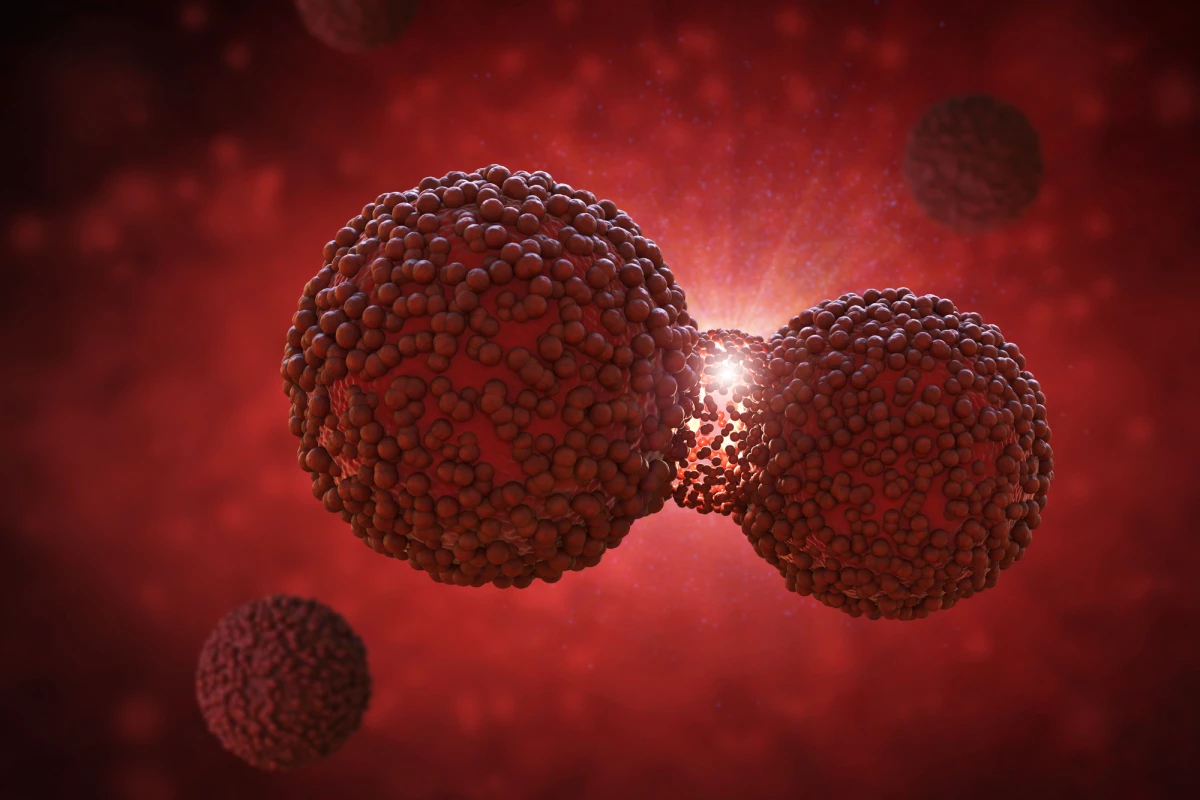Cancer’s ability to spread through the body is one of its most devastating tricks. Scientists at Cambridge have now identified a protein that plays a key role in metastasis, which not only hints at a new potential treatment but reveals for the first time that this process isn’t unique to cancer.
No matter where in the body it originates, cancer can eventually begin to colonize other organs and tissues through a process known as metastasis, which makes it much harder to treat. Unfortunately, there’s still much about metastasis that scientists don’t understand, but ongoing research is continually uncovering mechanisms that could lead to new therapy options.
In the new study, Cambridge scientists discovered not just a new mechanism for metastasis, but completely recontextualized its role. It’s long been thought that metastasis was an abnormal process that arises in cancer, but the new study found that it’s a process used by healthy cells as well – cancer just hijacks it for its own purposes.
The team made the discovery while investigating a cellular structure known as sodium leak channel, non-selective (NALCN). These channels are located on cell membranes and control how salt goes in and out of the cell. In the new study, the researchers found that NALCN also regulates the release of cells from tissues into the bloodstream, where they can be taken up by other organs and tissues.
In tests in mice, the scientists blocked the function of the NALCN protein, and found that it triggered metastasis in stomach, intestinal and pancreatic cancers. That suggests this could be a new target for preventing metastasis, potentially improving outcomes for patients with cancer.
But the most surprising discovery came when the team tested the technique in mice without cancer. Blocking NALCN also caused healthy cells to migrate away from their original organs to other ones – pancreatic cells, for instance, moved to the kidney and became healthy kidney cells instead.
“These findings are among the most important to have come out of my lab for three decades,” said Professor Richard Gilbertson, Group Leader of the study. “Not only have we identified one of the elusive drivers of metastasis, but we have also turned a commonly held understanding of this on its head, showing how cancer hijacks processes in healthy cells for its own gains. If validated through further research, this could have far-reaching implications for how we prevent cancer from spreading and allow us to manipulate this process to repair damaged organs.”
The team now plans to investigate ways to take advantage of this discovery to prevent metastasis, including repurposing existing drugs.
The research was published in the journal Nature Genetics.
Source: University of Cambridge




